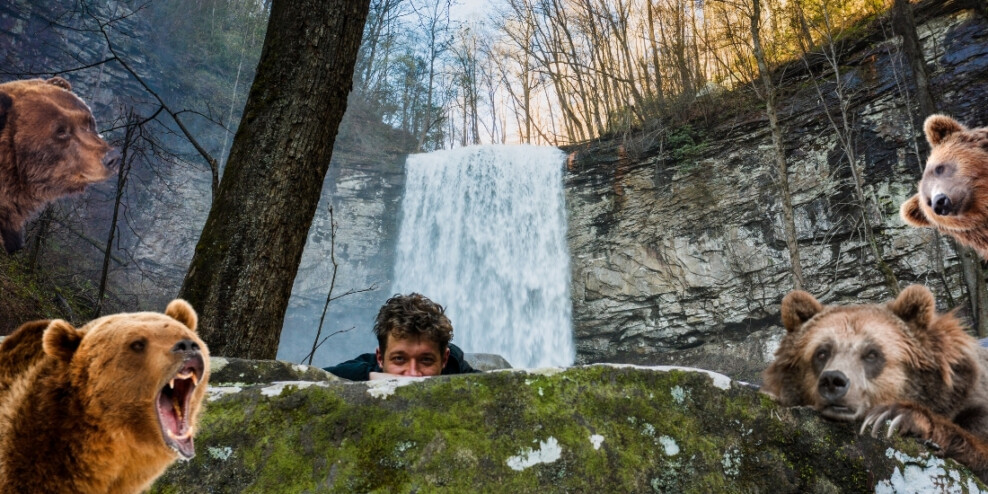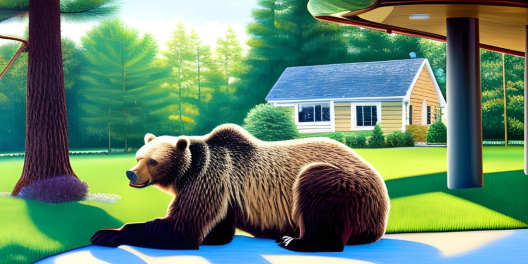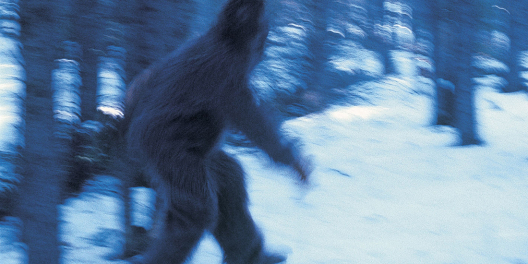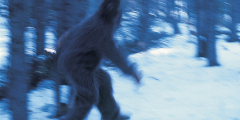According to the BC government, grizzly bears don’t live on Vancouver Island.
Huh?
Then why do people keep seeing them?
The increase in sightings in recent years suggests that more and more of these big bears are island hopping and swimming their way over to the Island from the Mainland.
For example, in June, Quadra Island vineyard owner Ben McGuffie faced a grizzly on his property after the bear killed one of his family’s three goats.
Some people suggest there may currently be as many as 12 grizzlies roaming Vancouver Island.
Adult male grizzlies are known to chase younger males out of their territories, which might explain why some of these bears venture farther afield. However, climate change, habitat destruction due to resource extraction and low salmon runs may also be causing them to roam.
The question is, are Ursus Horribilis here to stay?
The Ministry of Forest, Lands, Natural Resource Operations and Rural Developments has no accurate data on the subject. However, Ministry spokesperson, Dawn Makarowski, said in a recent VicNews story that Vancouver Island has not been included in any grizzly study since it is not considered “occupied.” In other words, there is no record of females birthing cubs here.
Makarowski maintained that the “two grizzlies reported north of Campbell River” earlier in May was a “good estimate of the entire grizzly bear population on the Island.”
That may be the government’s spin, but people disagree.
But when grizzlies were spotted in Sayward, Mayor Bill Ives said there might be seven grizzlies in and around his community.
Grizzly advocate Nicholas Scapillati of Grizzly Bear Foundation believes grizzlies turning up on Vancouver Island during spring can’t just be about salmon. He said their behaviour “raises questions.”
“Why the grizzlies are moving is a phenomena we want to look at,” said Scapillati, who called for studies to be undertaken on the subject. Scapillati said studies are essential to “ensure safety” and educate people who may not be accustomed to having grizzlies around.
Chris Darimont, Associate Professor at the University of Victoria and Science Director at the Raincoast Conservation Foundation, suggested that environmental changes could be one factor in the rising number of sightings.
Another theory is that the grizzly hunting ban has caused populations to spike, which had the unexpected effect of creating fierce competition for mainland territories. But Darimont said this is unlikely, pointing out that three years into the hunting ban is hardly enough time for a “population explosion.”
Social media may also be contributing to the spike. It’s now easier to report sightings or spread potentially false claims of growing grizzly abundance on Vancouver Island.
But despite what appears to be a growing problem, the BC government has no plans to study Vancouver Island grizzlies.










